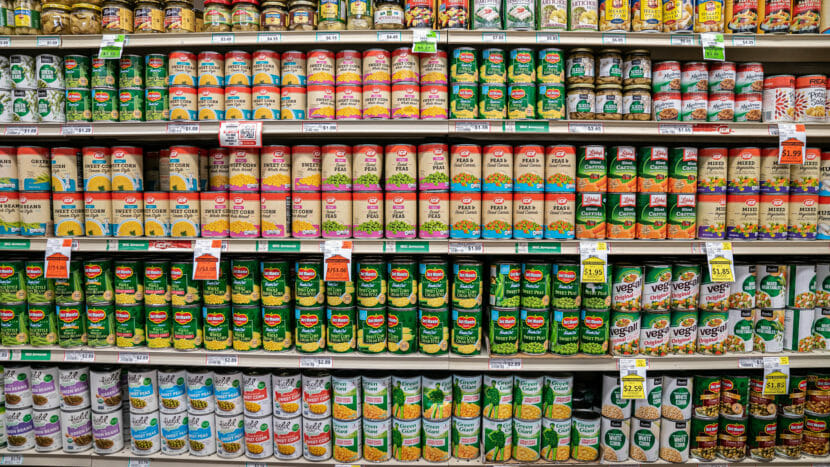
The federal agency behind the food stamp program is assessing an $11.9 million fine on the state of Alaska for failing to accurately gauge who is eligible for benefits, according to a letter from the U.S. Department of Agriculture’s Food and Nutrition Service.
For the second year in a row, Alaska’s so-called “payment error rate” for the Supplemental Nutrition Assistance Program topped 50%. Also for the second year in a row, Alaska’s error rate is the highest in the nation at 60%. The rates released Friday cover the one-year period between October 2022 and September 2023.
Generally, payment errors come from state agencies incorrectly certifying someone who’s not eligible for the program or calculating the benefit amount incorrectly. The vast majority of Alaska’s errors were overpayments, according to the Food and Nutrition Service.
Deb Etheridge, director of the state Division of Public Assistance, which administers the program, said the high rate isn’t a sign that Alaskans are defrauding the program.
“These are largely unintentional,” Etheridge said in an interview Thursday. “They can result for a number of reasons, as simple as clerical errors or just, you know, a misunderstanding of direction on the client’s behalf. “
Or, in this case, a misunderstanding on the state’s behalf.
SNAP recipients are typically required to recertify that they’re eligible for the program every six months. Etheridge said the state initially misinterpreted a federal policy that they thought allowed state officials to extend that multiple times. In fact, Etheridge said, the state was only allowed to extend it once.
When they corrected the problem, Etheridge said a backlog in SNAP applications started to build. So the state reversed course, contrary to federal requirements, in order to clear the backlog, Etheridge said.
It was a “difficult decision,” Etheridge said. “But, honestly, we wouldn’t have been able to get through the backlog having not extended those certification periods, and we had a lot of people who were going to be losing benefits.”
The state has since received a waiver that allows recipients to go up to a year between certifications, Etheridge said.
A USDA spokesperson told Alaska Public Media by email that the state has also now received a waiver from a separate requirement to interview applicants for the SNAP program. In January, the federal agency threatened to reduce funding for the program after the state paused interviews in an effort to catch up on its backlog. That warning has now been lifted, the spokesperson said.
State officials announced in March that they had caught up on the SNAP backlog, though the agency has struggled to keep up with applications for other programs. The Division of Public Assistance is facing lawsuits over its slow handling of SNAP and Medicaid applications.
Nearly every other state and territory across the country had a payment error rate above the federal benchmark of 6%, but Alaska’s rate far exceeds most other states. The second highest rate for the period was that of New Jersey, at 36%.
People who received SNAP benefits who were not eligible, or people who received more than they were eligible for, may have to pay a portion of the benefit back, Etheridge said. People who were overpaid due to an error by the agency must return at most one month of overpaid benefits, or up to $360, whichever is smaller. Current recipients who were overpaid can negotiate a payment plan of $10 per month or less, according to department policy.
The state can appeal the fine or agree to invest half of the penalty amount in improvements to the state’s SNAP program.
Eric Stone covers state government, tracking the Alaska Legislature, state policy and its impact on all Alaskans. Reach him at estone@alaskapublic.org.




